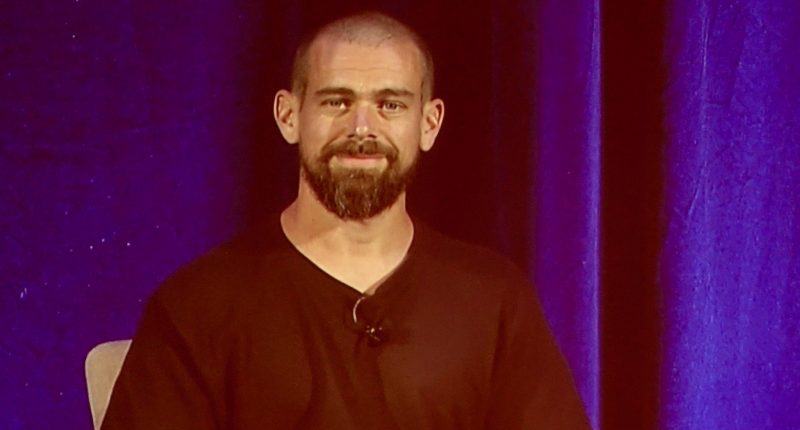Twitter may count India as one of its key markets, but the social media company continues to get into trouble in the world’s second-largest internet market. This time, Twitter co-founder and former chief Jack Dorsey announced that the Indian government threatened to shut down the platform’s operations in the country and raided the homes of its employees unless it complied with orders to restrict and remove certain accounts.
In an online interview on Monday, Dorsey revealed that the Indian government regularly issued requests for the social media company to remove certain posts and accounts from its micro-blogging platform, and backed up those requests with threats of legal repercussions in case Twitter refused to comply with said requests. These repercussions, as stated earlier, was to shut down Twitter’s services in the country and even raid the homes of its staff unless Twitter removed certain politically-sensitive posts. This development comes after a period when India continued to make more and more requests and demands to remove content from Twitter.
“India is one of the countries which had many requests around farmers protests, around particular journalists which were critical of the government. The orders manifested in ways such as ‘we will shut Twitter down in India’… ‘we would raid the homes of your employees’, which they did; ‘we will shut down your offices if you don’t follow suit’. And this is India, a democratic country,” Dorsey said in the interview.
From the looks of it, much of these accounts and content on the micro-blogging platform pertained to the farmers’ protests that had rocked the Asian country two years ago. At that time, Twitter had been ordered to suspend hundreds of accounts and curtail the visibility of certain hashtags, much of which supported the farmers’ protests against the government’s legislation. Those accounts had belonged to individuals, groups and media organizations.
“We were more, you know, ideally going for a global appreciation of free speech and free expression itself and Elon took on a principle of anything that’s allowed by law on the platform, which sets up a dynamic where you have countries like India and Turkey who made many requests to us back in the day to take down particular journalist accounts or give contact information and to remove them from the platform, so I think it’s easier to do in the US,” Dorsey added.
In response to Dorsey’s interview, the Indian government slammed his accusations – Rajeev Chandrasekhar, India’s Deputy Minister for Information, said that Dorsey’s claims were an “outright lie” and that it was perhaps “an attempt to brush out that very dubious period of Twitter’s history.” He justified the government’s stance on directing Twitter to restrict certain accounts during the farmers’ protests by claiming that it was purging misinformation off the micro-blogging site so that the situation was not further escalated by the proliferation of fake news.
This is an outright lie by @jack – perhaps an attempt to brush out that very dubious period of twitters history
Facts and truth@twitter undr Dorsey n his team were in repeated n continuous violations of India law. As a matter of fact they were in non-compliance with law… https://t.co/SlzmTcS3Fa
— Rajeev Chandrasekhar ?? (@Rajeev_GoI) June 13, 2023
In a tweet in response to Dorsey’s accusation, Chandrasekhar noted that nobody went to jail, nor was Twitter shut down, and instead, it was Twitter under Dorsey that had a “problem accepting the sovereignty of Indian law” and behaved as if Indian laws were not applicable to it. He added that Twitter under Dorsey were in non-compliance with Indian law from 2020-22, and fully complied back in June 2022.
The Tech Portal is published by Blue Box Media Private Limited. Our investors have no influence over our reporting. Read our full Ownership and Funding Disclosure →






